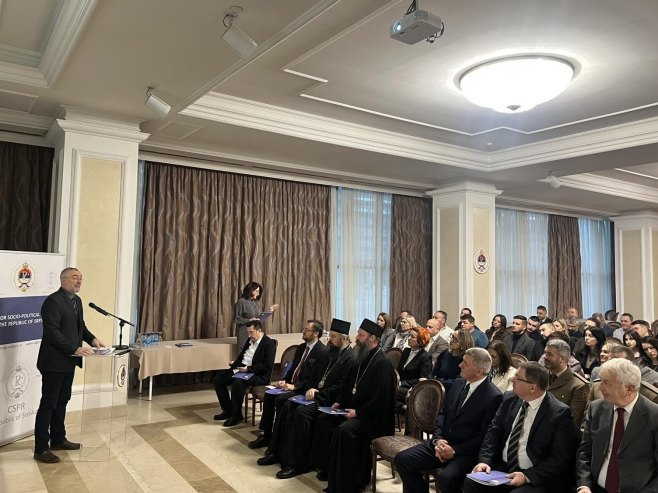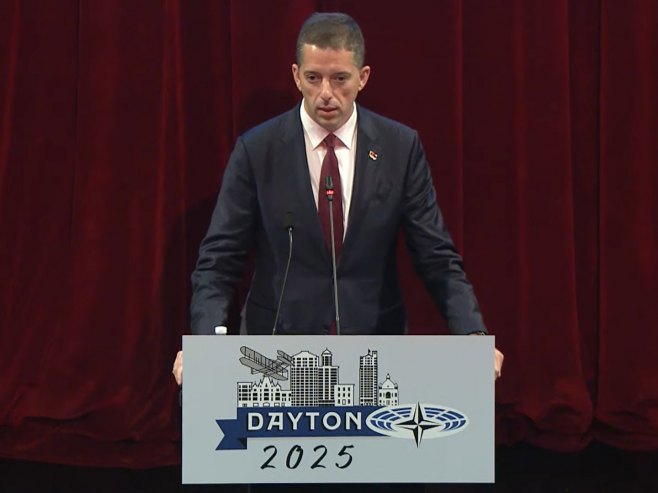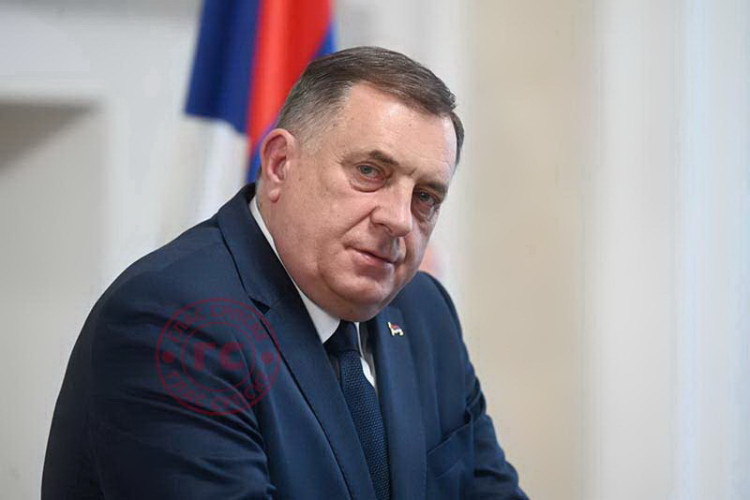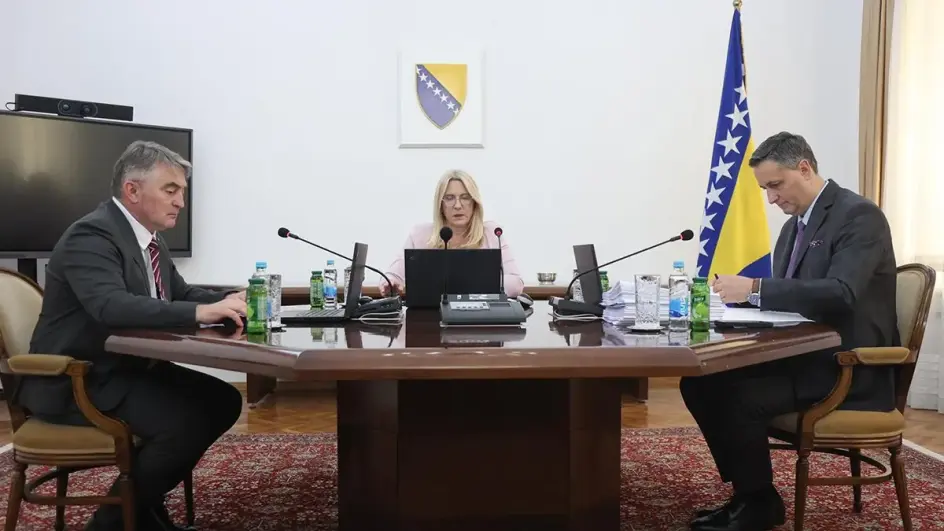Historian Miloš Ković stated that the resolution on Srebrenica, adopted by the UN General Assembly, falsifies historical truth and completely relativizes the term “genocide.” He emphasized that it is high time for Serbs to systematically build a culture of remembrance about the genocide against the Serbian people, especially in the NDH.
Ković pointed out that this resolution concerns history because it relates to the wartime events in Srebrenica in July 1995, which occurred almost 30 years ago.
“As a historian, I can only repeat what I have said many times: courts, even if it is the International Court for the Former Yugoslavia, or assemblies, even if it is the UN General Assembly, cannot decide what is historical truth and what is not,” Ković emphasized.
He added that this is about falsifying historical truth and completely relativizing the term “genocide.”
“If there was genocide, it happened to the Serbian people, especially the Serbs in BiH, during the First World War, the Second World War, and during the defensive-patriotic wars of the 1990s. We know very well what genocide is,” Ković emphasized.
He added that Serbs know very well what it means to be victims of genocide.
“This is the falsification of history. Those who see themselves as victors often believe that it is up to them to write history, but it has always been shown that history is written by the victor only as long as their power and might last,” Ković noted.
The power of the USA, Germany, and their satellites has already waned, he said, and so will this interpretation of events in and around Srebrenica.
“For Serbs, it is important to remember how each country voted in the General Assembly. I do not think it is necessary to break off relations with every country that voted for the resolution, but we should adhere to a policy of reciprocity in every case,” Ković said.
He emphasized that it is crucial for Serbs, Republika Srpska, and Serbia to systematically build a culture of remembrance about the genocide against the Serbian people, especially in the NDH.
“This means urgently stopping the reduction of the number of victims in Jasenovac in the NDH, taking a stand, and finally beginning with an organized state policy of studying and commemorating the genocide committed against the Serb people, both in the Second World War, Jasenovac and the NDH, as well as in the First World War, and in modern times,” Ković said.
He added that he is referring to the destruction of the Serbian people in Croatia and the ongoing destruction of the Serb people in Kosovo and Metohija.
“What is happening now to the Serbian people in Kosovo and Metohija is by all definitions genocide. Therefore, we must draw appropriate conclusions from today’s events and act accordingly in the future,” Ković said.
He added that it is very important for Serbs to finally understand who their friends are and who are not.
“I think it is high time for our foreign policy to be directed towards those countries that have shown us their friendship today, primarily Russia and China, but also others,” Ković emphasized.
The UN General Assembly today adopted an anti-Serb resolution on Srebrenica, with 84 countries voting in favor, while 87 were against or abstained out of a total of 193 UN member states.
This resolution, initiated without a decision from the BiH Presidency, was supported by the representative of the BiH mission to the UN, who acted as a representative of only the Bosniaks, and not all three constituent peoples.
Source: RTRS









